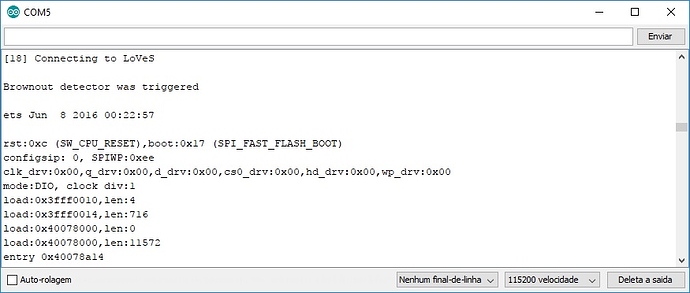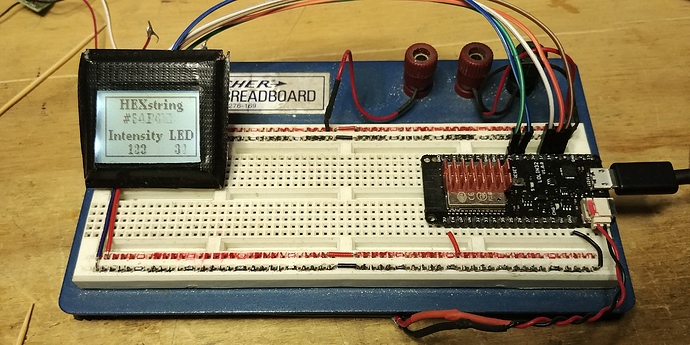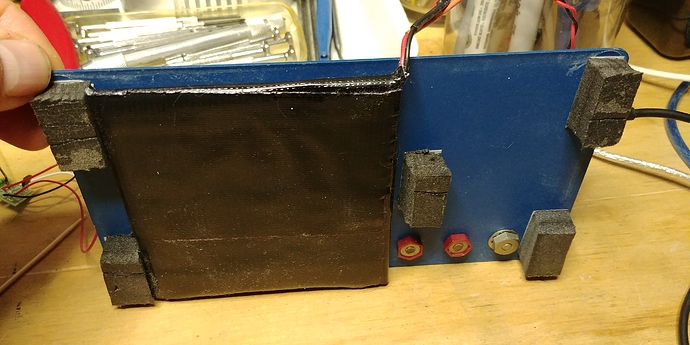Placing the simple code for network access has the following error:
Meu código abaixo:
/*************************************************************
Download latest Blynk library here:
https://github.com/blynkkk/blynk-library/releases/latest
Blynk is a platform with iOS and Android apps to control
Arduino, Raspberry Pi and the likes over the Internet.
You can easily build graphic interfaces for all your
projects by simply dragging and dropping widgets.
Downloads, docs, tutorials: http://www.blynk.cc
Sketch generator: http://examples.blynk.cc
Blynk community: http://community.blynk.cc
Follow us: http://www.fb.com/blynkapp
http://twitter.com/blynk_app
Blynk library is licensed under MIT license
This example code is in public domain.
*************************************************************
This example shows how LOW/HIGH event may be triggered from
Blynk Server to Arduino at specific time.
Timer widget works for ANALOG and DIGITAL pins also.
In this case you don't need to write code.
Blynk handles that for you.
App project setup:
Timer widget attached to V5 and running project.
*************************************************************/
/* Comment this out to disable prints and save space */
#define BLYNK_PRINT Serial
#include <WiFi.h>
#include <WiFiClient.h>
#include <BlynkSimpleEsp32.h>
// You should get Auth Token in the Blynk App.
// Go to the Project Settings (nut icon).
char auth[] = "*************************";
// Your WiFi credentials.
// Set password to "" for open networks.
char ssid[] = "LoVeS";
char pass[] = "******";
BLYNK_WRITE(V5)
{
// You'll get HIGH/1 at startTime and LOW/0 at stopTime.
// this method will be triggered every day
// until you remove widget or stop project or
// clean stop/start fields of widget
Serial.print("Got a value: ");
Serial.println(param.asStr());
}
void setup()
{
// Debug console
Serial.begin(115200);
Blynk.begin(auth, ssid, pass);
// You can also specify server:
//Blynk.begin(auth, ssid, pass, "blynk-cloud.com", 8442);
//Blynk.begin(auth, ssid, pass, IPAddress(192,168,1,100), 8442);
}
void loop()
{
Blynk.run();
}




